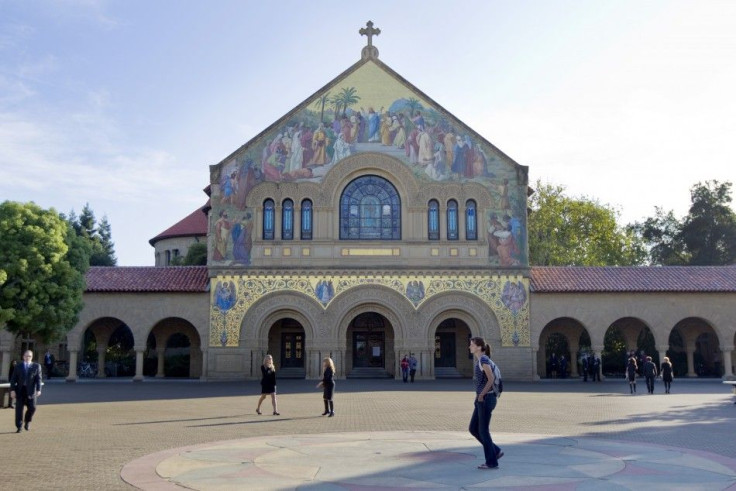School Districts Are Ignoring Florida's School Prayer Law

While Florida's controversial school prayer bill officially took effect on Sunday, both supporters and opponents of the inspirational message legislation have acknowledged the law is primarily a political bill aimed at boosting Republican candidates ahead of the November elections, and is unlikely to actually be implemented by school districts.
The measure, signed into law by Republican Gov. Rick Scott in March, allows for student prayer at mandatory school events. Specifically the legislation, known as SB 98, allows students to read and recite inspirational message[s] at those events, which include graduations, assemblies and sports events.
Although teachers and school officials are barred from any form of proselytizing, and the word prayer is not included in the bill's language, opponents say the intent of the legislation -- legalizing some form of religious prayer and instruction in public schools -- is clear.
Still, it is unlikely the law will be implemented in Sunshine State schools anytime soon. Wayne Blanton, the executive director of the Florida School Boards Association, told the News Service of Florida this week that the measure is a political bill that school districts are unlikely to impose because of the threat of costly litigation.
On our advice, they are going nowhere with it, Blanton said, adding that only one district -- Clay County -- has even considered implementing the policy.
The ACLU of Florida, the Anti-Defamation League, and Americans United for the Separation of Church and State each separately issued warnings to local school districts that moving ahead with the policy could subject them to legal challenges.
In a letter addressed to Gov. Scott, Americans United for the Separation of Church and State argued the bill would allow those of the majority faith to promote their religious beliefs and practices and public school events which could make students who believe in minority faiths and who are non-believers feel like outsiders in their own public schools, something the group argues the First Amendment of the U.S. Constitution is designed to prevent.
But it isn't only liberal groups that say the law's legality is questionable. The Family Policy Council, one of the state's most prominent anti-gay and anti-abortion groups, and the Liberty Counsel, a conservative Christian legal group, have also signed on with the opposition.Those organizations have also said there are constitutional problems with the law that could lead to expensive legal challenges.
Case in point: Taxpayers in Florida's Santa Rosa County District recently ended up spending about $900,000 in a series of lawsuits over the role of religion in public schools, ignited in part by prayer during school events. The district lost the case.
Louisiana's Gov. Bobby Jindal has also been under fire for a taxpayer-funded school voucher program that opponents say also attempts to blur the lines between church and state. A series of educational reforms the Republican governor signed into law this year allows low- and middle-income students in struggling public schools to receive vouchers to attend private school.
However a majority of the 120 private school reportedly approved by the state government for the program are Christian-based institutions, some of which employ the Accelerated Christian Education program.The program involves lesson plans based on fundamentalist Christian ideology that teach students how to see life from God's point of view, according to the organization's Web site.
© Copyright IBTimes 2025. All rights reserved.





















